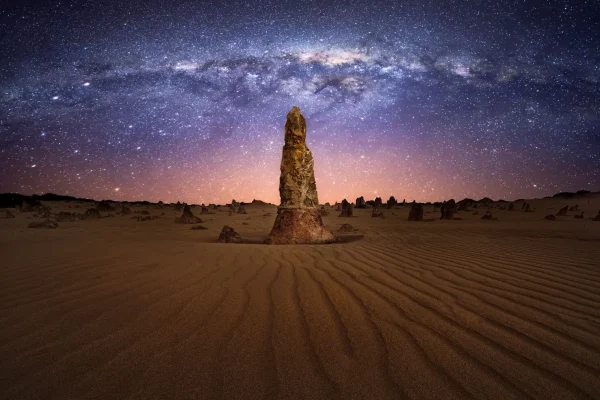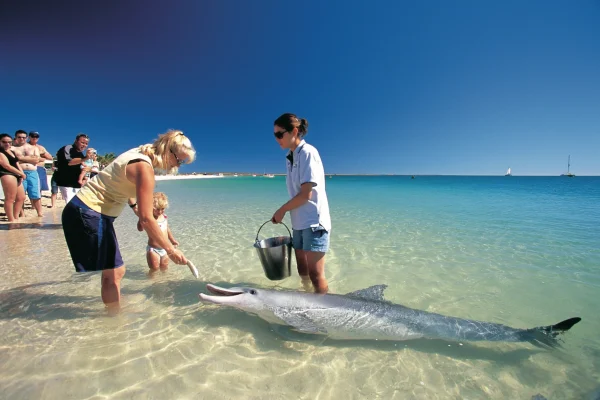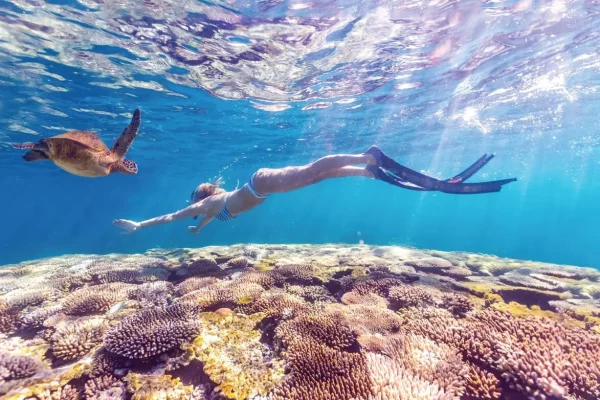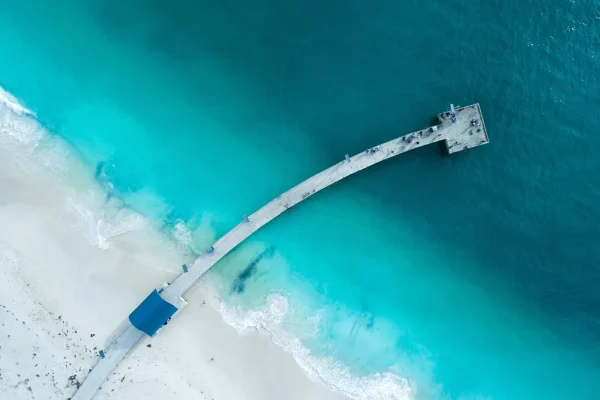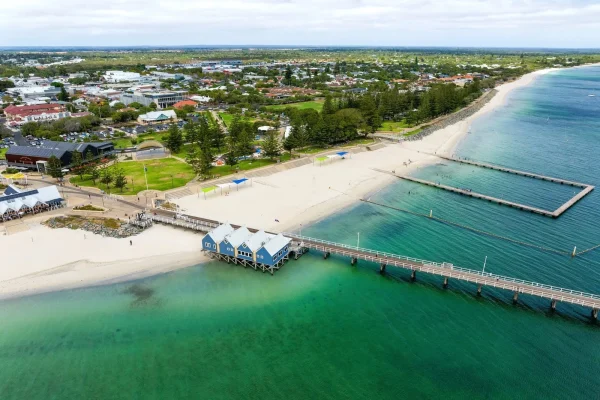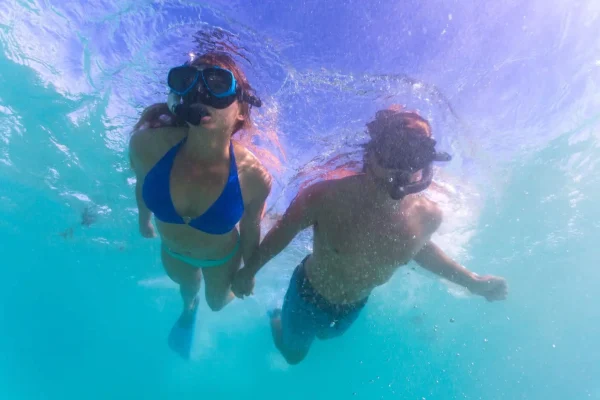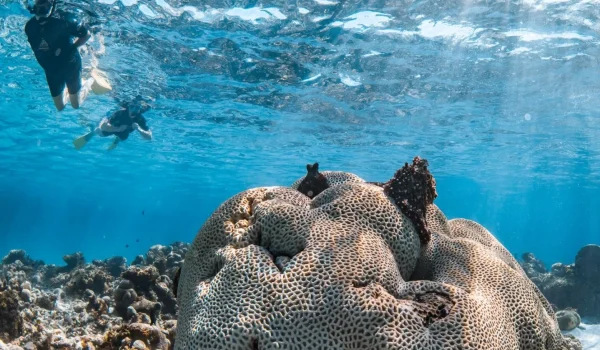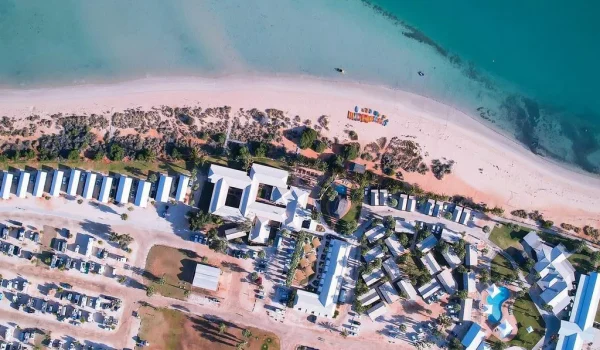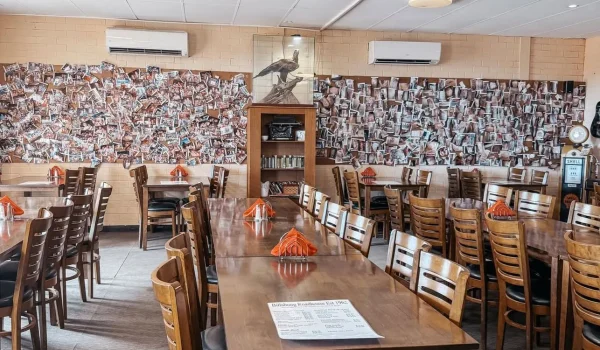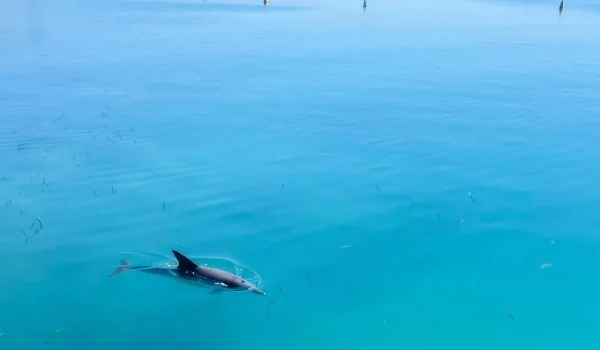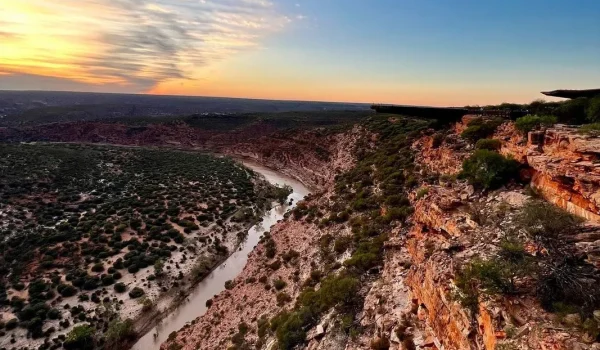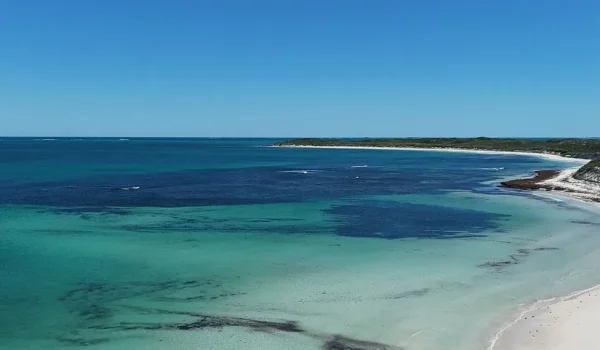Most people on the Coral Coast have heard of the Pinnacles Desert but few can point to Nilgen Nature Reserve on a map. This coastal reserve, two hours north of Perth in Western Australia, doesn’t shout its name from billboards but it’s got wildflower heathland, native marsupials, banksia woodland and sand dunes that roll all the way to the Indian Ocean.
I, Paul Beames, have pulled over here on countless runs up the coast and every time Nilgen has surprised me. Sometimes it’s a Honey Possum (Tarsipes rostratus) darting between blossoms, other times it’s a picnic area hidden by coastal heath or just the sheer silence broken only by a willy-wagtail’s chatter. This isn’t a stop you make to tick a box — it’s the kind of place you stumble into and end up sketching into your trip planner as a highlight.
Getting to Nilgen Nature Reserve
Nilgen is between Lancelin and Cervantes on the Indian Ocean Drive, about 200km north of Perth. For many it’s a Map Journeys stopover on the way to the Pinnacles Desert but it works just as well as a day trip on its own.
The drive itself is half the fun — white sand dunes flicker between banksia woodland and glimpses of the Indian Ocean. Ledge Point is just to the south and from Nilgen Lookout you can see coastal views that make you feel like you’re on the edge of the continent.
Practical navigation tips:
- Offline mode: Mobile service is patchy — download your site information before you leave Perth.
- Fuel spend: Top up at Lancelin or Cervantes — roadhouses are few and far between.
- Camping companion: If you’re road-tripping with a van or swag use nearby caravan parks or beachside sites; camping inside Nilgen Reserve isn’t permitted.
- Trip planner note: Allow at least two hours to walk the loop trail and side tracks or half a day if you’re into bird watching or photography.
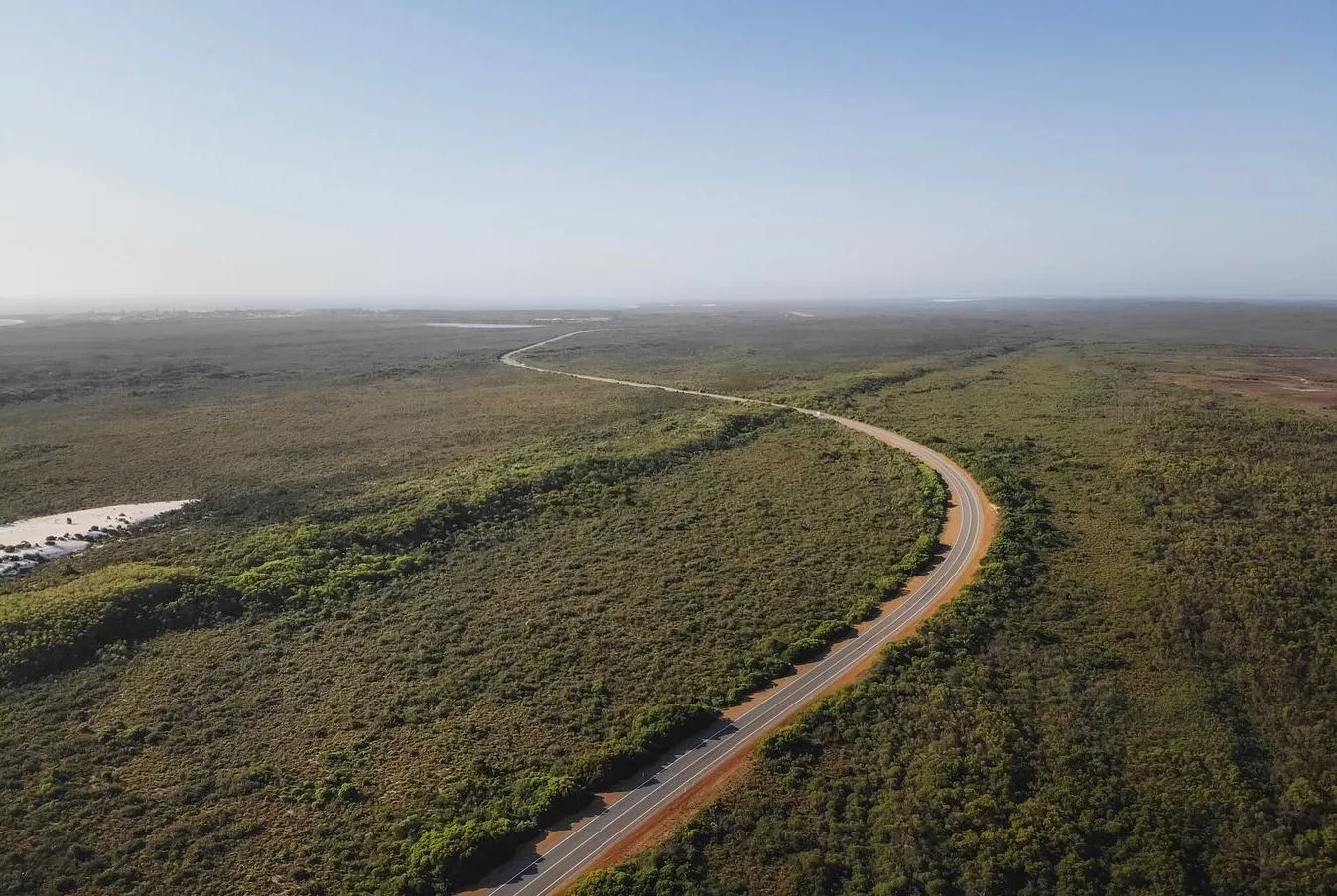
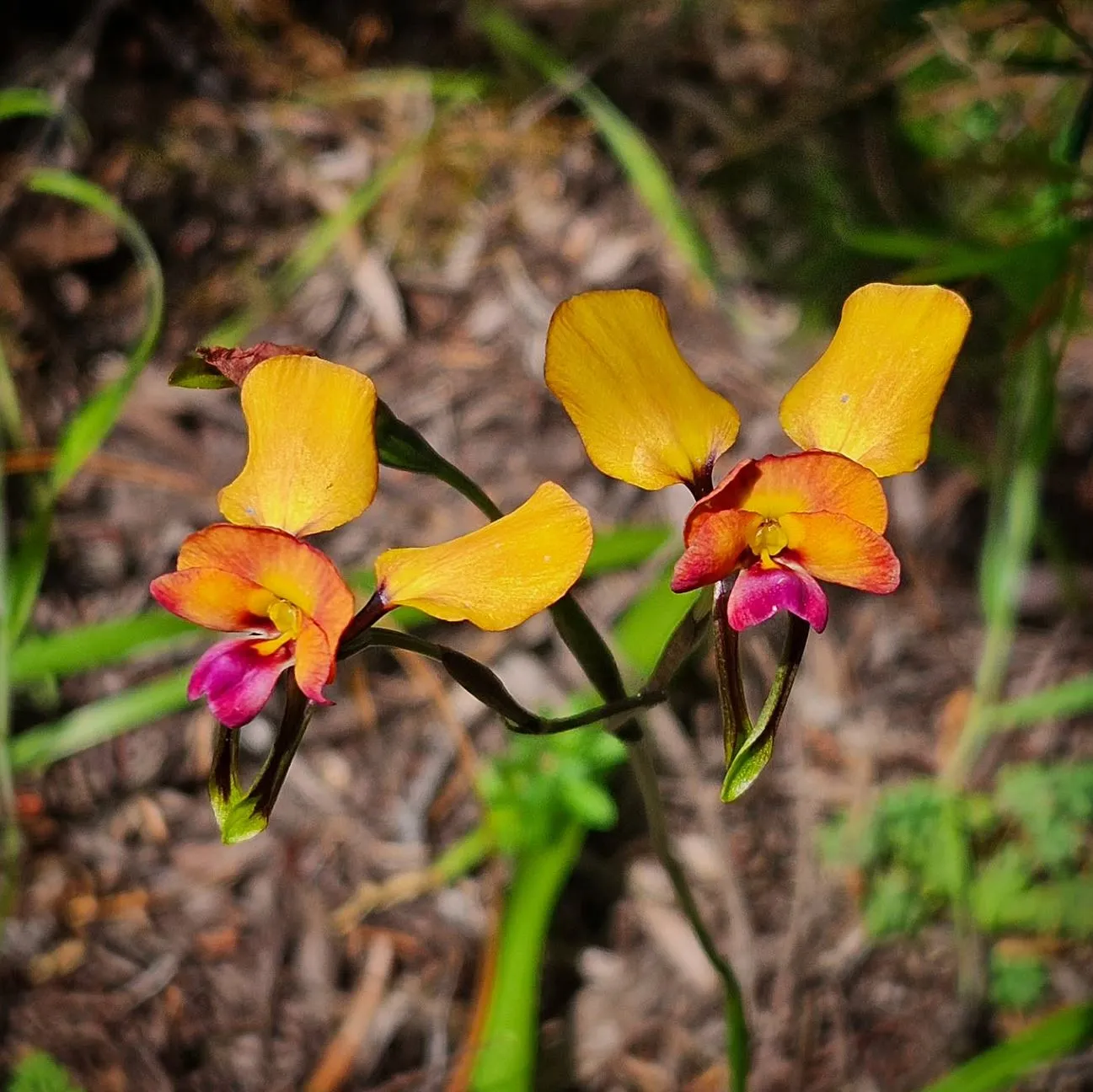
Wildflowers that steal the show
In late winter and spring, Nilgen becomes a living tapestry of colour. The wildflower heathland stretches across the coastal reserve, with banksia woodland adding texture and shade. Orchids pop up where you least expect them, while kangaroo paw, everlastings and blue leschenaultia dominate the foreground.
Unlike managed gardens, the bloom here is wild and unpredictable. Some years, after good winter rain, the whole reserve is ablaze with flowers. Other years it’s patchy, but always worth the stop. Walking the loop trail during wildflower season is like moving through a painter’s palette, and even the most jaded traveller will find themselves crouching for a close-up.
Wildflowers and native plants to look for:
- Kangaroo paw and donkey orchids
- Native hibiscus and blue leschenaultia
- Banksia cones full of nectar-feeders
- Everlastings in waves of pink, white and yellow
- Coastal heath shrubs teeming with insects and tiny marsupials
Birds, beasties and bush
If plants are the reserve’s canvas, the wildlife is its moving artwork. The star of the show for many naturalists is the Honey Possum — a tiny native marsupial found nowhere else on earth. Watching one of these delicate creatures hang from a flower stalk, its long tongue lapping up nectar, is reason enough to hang around.
Nilgen is also a top bird watching lake-country detour, especially after rain. Wild ducks congregate in low-lying areas, fairy-wrens flash electric blue through the shrubs, and honeyeaters swarm any banksia in flower. Wedge-tailed eagles occasionally soar above the sand dunes, a reminder of the vastness of Western Australia’s landscapes.
Other native wildlife you may see:
- Goannas basking on sandy tracks
- Emus ambling through coastal heath
- Echidnas snuffling for ants near picnic areas
- Carpet pythons stretched across sandy clearings in summer
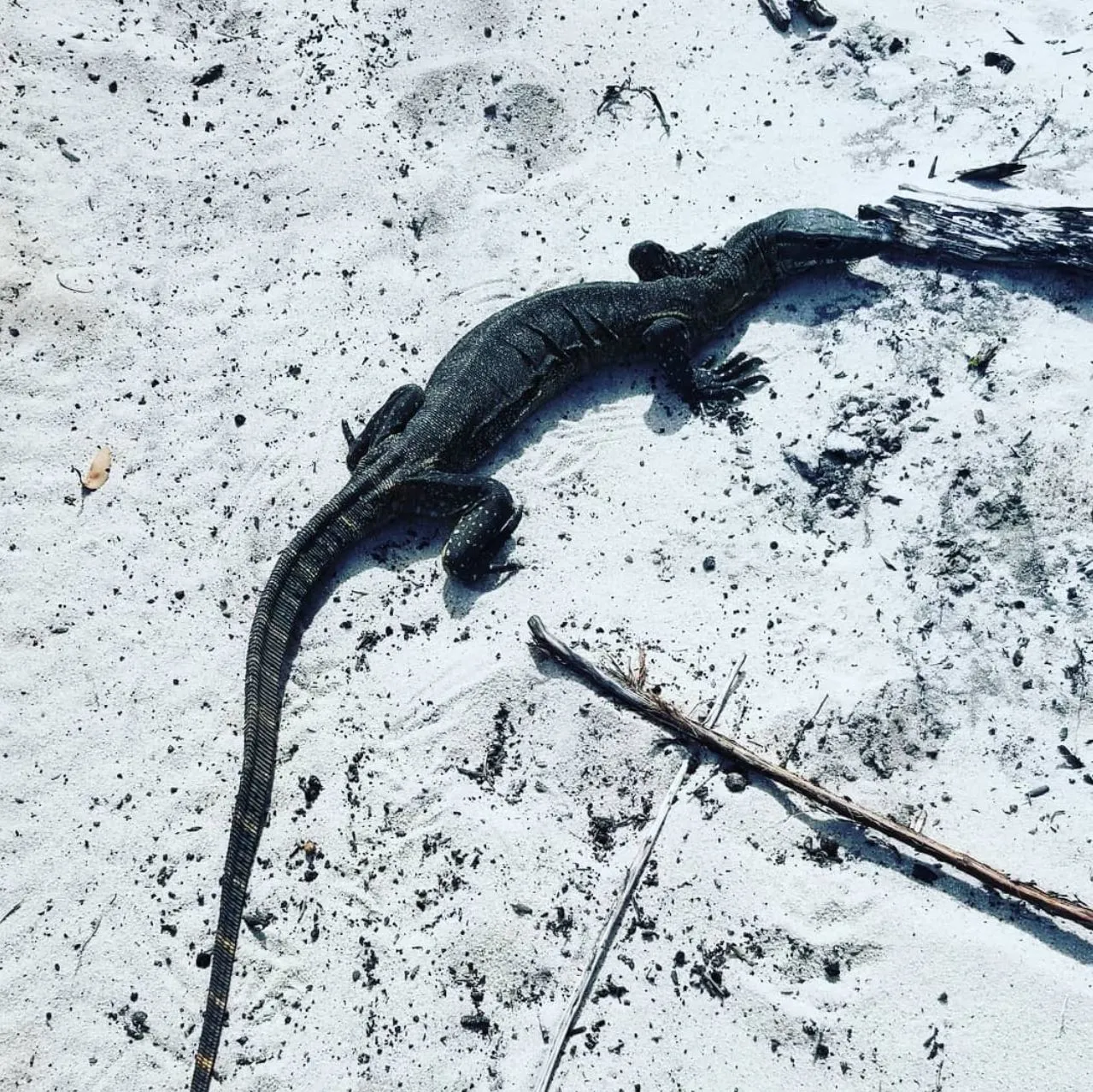
Nilgen vs the Pinnacles: Why You Should Do Both
Visitors often ask if Nilgen is “worth it” compared to the Pinnacles. My answer? Do both. The Pinnacles are the blockbuster — a world-famous desert of limestone spires. Nilgen is the quieter side story, a place for bird calls, wildflower meadows and coastal views. Together they give you the full flavour of the Coral Coast.
Many visitors do the Pinnacles on a 1 Day Pinnacles Tour, but adding Nilgen Nature Reserve to your own itinerary means you’ll see more than just the limestone desert — you’ll also walk through banksia woodland, spot native wildlife and get coastal views that most people miss.
| Feature | Nilgen Nature Reserve | Pinnacles Desert (Nambung NP) |
|---|---|---|
| Distance from Perth | ~200 km | ~200 km |
| Entry fee | Free | National park fees apply |
| Highlight season | Aug–Nov (wildflowers) | Year-round |
| Main drawcard | Wildflowers, wildlife | Limestone pinnacles |
| Crowds | Light | Heavy in peak hours |
| Facilities | Minimal | Discovery Centre, toilets |
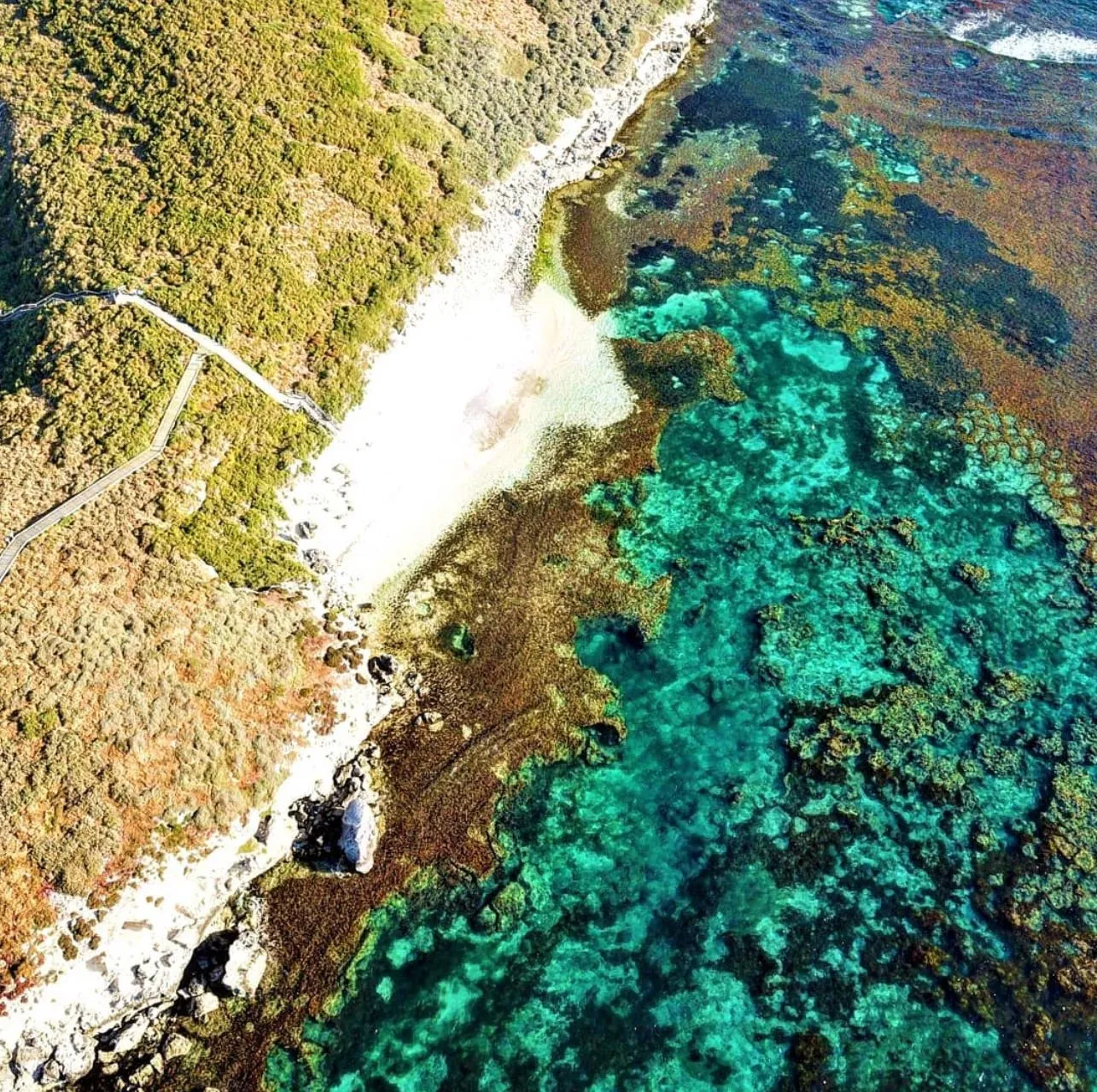
Practical tips for travellers
Nilgen doesn’t coddle travellers like the bigger parks do. Facilities are scarce, signage is minimal and you’ll need to be self-sufficient. But that’s what makes it a great camping companion stopover for those who like off-grid stretches.
Traveller’s checklist:
- Facilities: No dunnies, no shops, no water taps — bring it all in.
- Best time: Spring for flowers, autumn for cooler walks, summer only for the stubborn.
- Loop track: Easy to moderate walking, sandy underfoot — sturdy shoes recommended.
- Nearby eats: Lancelin has fish and chips, Cervantes has the famous Lobster Factory, and Hillarys Boat Harbour back near Perth is a foodie stop if you’re coming or going.
- Extras nearby: Scenic flights from Lancelin, snorkelling spots near Lancelin Island, and Manning Park if you’re heading back to Fremantle.
A personal story from the track
On one spring trip with a group of travellers, the tracks through Nilgen looked dull at first glance — just scrub and sand. Then, almost without warning, the white sand dunes opened into a field of everlastings. Someone in the group let out a whistle, another just muttered “well, bugger me.”
Later that day, as we brewed tea from the billy at a makeshift picnic area, a Honey Possum zipped across a banksia flower just metres from us. Half the group missed it, but those who saw it whispered like kids spotting Santa. That’s Nilgen in a nutshell: blink and you’ll miss it, but slow down and it’ll give you a moment you’ll never forget.
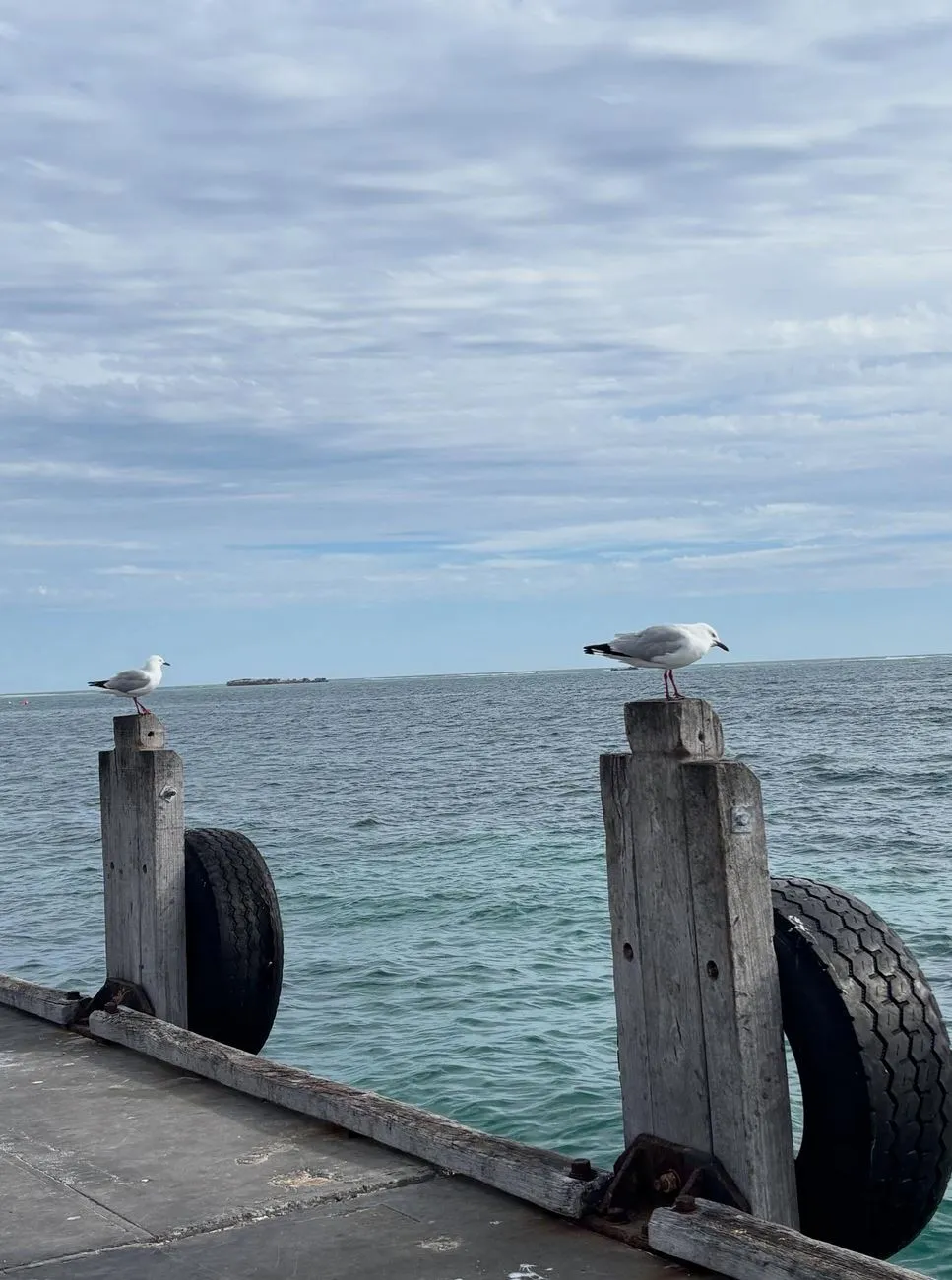
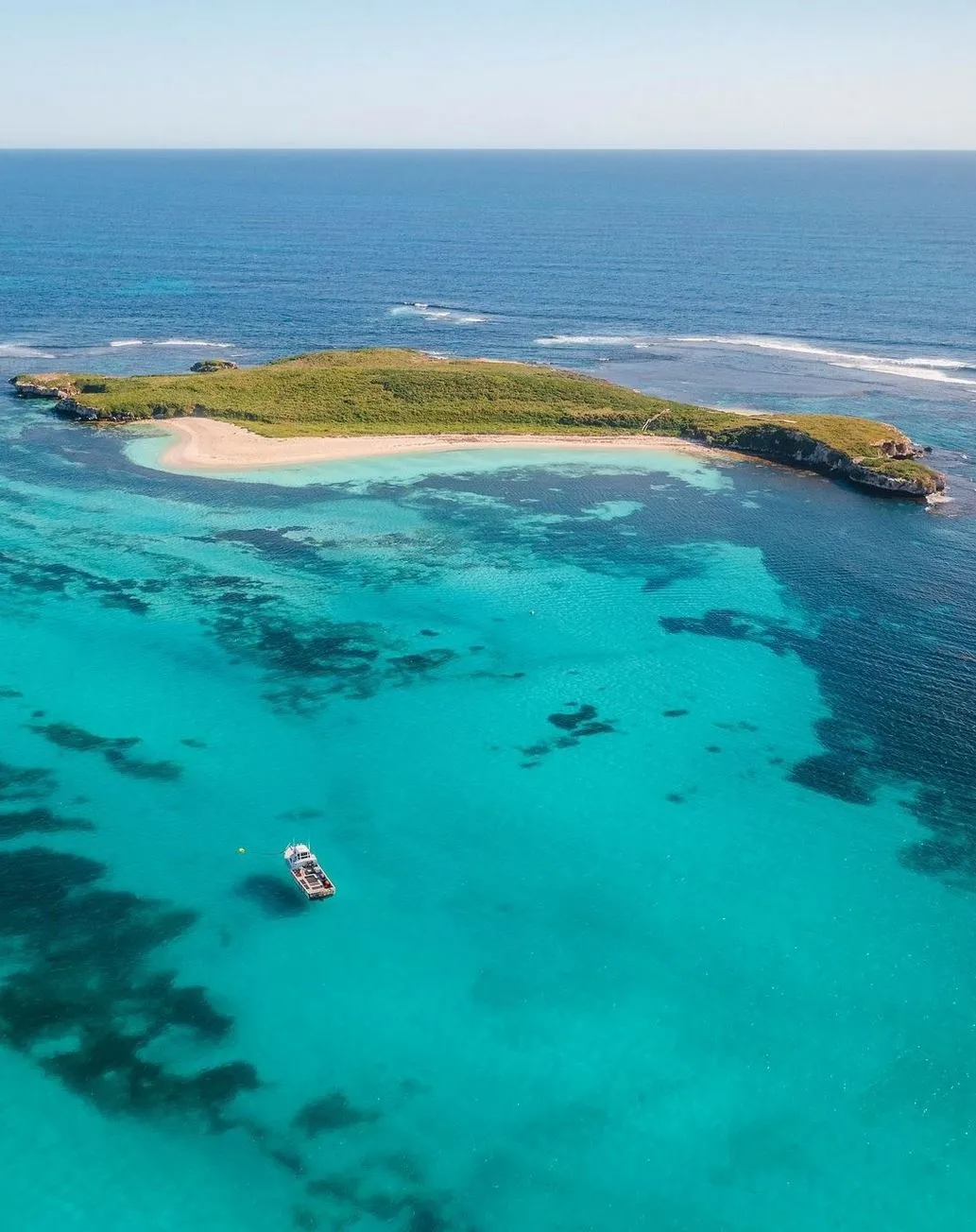
Seasonal considerations
Seasons hit hard along Australia’s Coral Coast. Nilgen is no exception, and timing is everything.
Seasonal overview:
- Spring (Aug–Nov): Wildflower explosion, peak for banksia woodland and birdlife.
- Summer (Dec–Feb): Hot, dusty and rough as guts — temps in the mid-30s, flies everywhere.
- Autumn (Mar–May): Pleasant for walking, subdued flora, good for Map Journeys itineraries.
- Winter (Jun–Jul): Cooler, wetter, sometimes soggy tracks but good for photographers.
| Season | Avg Temp (°C) | Rainfall (mm) | Notes |
|---|---|---|---|
| Spring | 20–28 | 15–30 | Wildflowers at peak bloom |
| Summer | 28–36+ | <10 | Harsh heat, minimal shade |
| Autumn | 18–26 | 20–40 | Good hiking, quieter tracks |
| Winter | 12–20 | 60–90 | Muddy trails, moody skies |
No matter the season, the West Coast puts on a show. Check out our official Pinnacles Tours home page to see which adventures are running today and grab your spot on the bus!
FAQ
Do I need to pay to visit Nilgen?
No — it’s a free coastal reserve, unlike nearby national parks.
Can I camp overnight?
Camping inside the reserve isn’t allowed. Use nearby caravan parks at Lancelin, Cervantes, or RAC Cervantes Holiday Park.
What’s the best season to spot a Honey Possum?
Spring, when the banksia woodland is flowering, is your best chance to see the Honey Possum Tarsipes rostratus.
Is Nilgen suitable for families?
Yes, but keep an eye on kids. Sandy tracks, snakes, and lack of facilities make it a bit rough for very young ones.
How long should I allow for Nilgen?
Two to three hours covers the loop trail, but birdwatchers or photographers can easily spend half a day.

